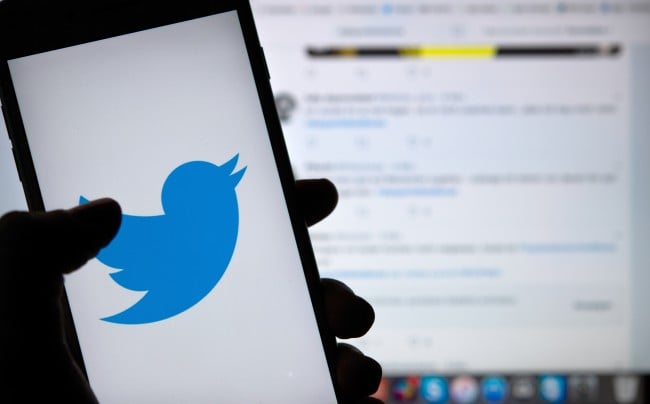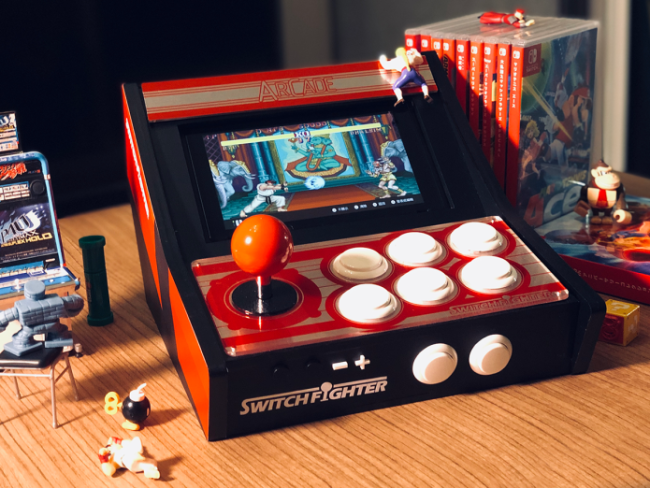Founded by Lei Jun in 2010, Xiaomi prides itself on its “ecosystem” strategy -- selling not just smartphones but also a variety of gadgets and household products. It began expanding into western Europe in 2017.
Xiaomi still plans to launch ten 5G phones in 2020 despite coronavirus

Despite the coronavirus threatening to bog down smartphone production, Xiaomi CEO Lei Jun confirmed that the company is pressing ahead with its plan to launch 10 5G phones this year. Jun reiterated the company’s commitment to this goal during the Thursday launch of the Mi 10, Xiaomi’s latest flagship phone and the most expensive in the Mi series to date thanks to 5G connectivity.
Smartphone makers are already facing shortages due to the deadly new coronavirus spreading through China. Asus reported delays on the ROG Phone II in India and Xiaomi’s sub-brand Realme announced that several of its models were affected in China. Chinese companies Lenovo, Xiaomi and Oppo could also face manufacturing issues, as could Apple.
This week, Lei Jun urged China’s smartphone industry to return to work as soon as possible. Xiaomi is competing with Huawei, Samsung and various mid-range local brands to grab up 5G market share. Vivo has proven to have an early advantage in 5G phone sales thanks to its more affordable options. It’s planning to offer a new 5G handset this year for the paltry price of US$280. Oppo spinoff Realme announced it’s giving up on phones without 5G altogether.
Quick Stats
How Xiaomi forged a unique path

After Twitter shut down what it calls a Beijing-backed disinformation operation by banning more than 170,000 accounts, China has responded with a piece of curious advice.
Chinese foreign ministry spokesperson Hua Chunying told reporters during a briefing on Friday that Twitter should shut down accounts that smear China if it wants to fight disinformation, Reuters reported. Hua said that many platforms had falsehoods about China and that there was a need for Chinese voices with objective views. But China itself is blocking Chinese voices from reaching Twitter: The platform is blocked inside the country.
On Thursday, Twitter removed state-linked accounts from China, Russia and Turkey for violating their platform manipulation policies. The company said the accounts spread “narratives favorable to the Communist Party of China” and pushed “deceptive narratives about the political dynamics in Hong Kong” where tensions have once again flared up over the new National Security Law.
This is not the first time Twitter has moved against Chinese state-backed operations on its platform. Last year in August, the platform removed over 900 accounts, which were part of a larger 200,000-strong army involved in a “coordinated state-backed operation” to allegedly sow political discord in Hong Kong.

The arcades aren't as big of a draw as they used to be. But if you miss the retro feel of joysticks and big round buttons, the Switch Fighter might help.
The accessory, which transforms a regular Nintendo Switch into a mini arcade cabinet, is seeking funding on Indiegogo. For US$99, the Hong Kong-based campaign promises to ship backers the Bluetooth-connected gadget, allowing them to “properly play classics like Street Fighter or King of Fighters.” It also serves as a dock for charging and TV output, according to the project page.
There’s a lot of caveats here: The project has a flexible goal, which means it’ll collect all contributions regardless of whether their funding target is reached. Also, Nintendo has previously warned users not to buy a third-party dock for their Switch.
